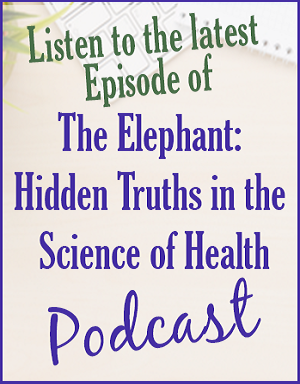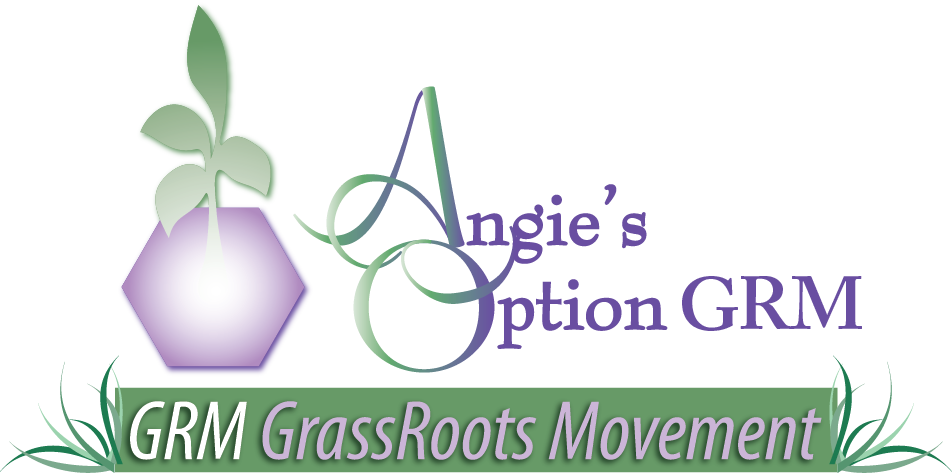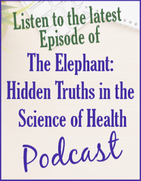Larry A. Law
Vaccines Replace Antibiotics
Drugmaker Merck sells 58 poultry vaccines for diseases most consumers have never heard about: infectious bronchitis, Marek's disease (chicken herpes), hemorrhagic enteritis, avian encephalomyelitis, etc. There are vaccines for cattle, swine and fish. It is a $7.2 billion industry. More than 90% of broiler chickens are vaccinated "in ovo." This means the vaccine is injected into the embryos in the egg (either directly into the embryo or the amniotic fluid surrounding the egg). Mass vaccination in the hatchery is "labor-intensive, causes stress for the chicks, and requires the highest sanitary standards... to manage infection risks." Injecting a vaccine at the wrong stage of embryonic development can be disastrous. For example, 10-12-day-old embryos injected too early with a turkey herpes virus developed lesions and died. The people who inject shots into mature animals destined for human consumption are instructed to place the shot in an area that will not be consumed so as to avoid leaving any residual vaccine and risking a human reaction to it.
Unlabeled Hormones
The European Union (EU) Scientific Committee wrote that "the highest rates of breast cancer [in humans] are observed in North America, where hormone-treated meat consumption is highest in the world... Prostate cancer shows similar variations... [and] is comparable to that of breast cancer." These cancers are known to be hormone-dependent or hormonally mediated. Hormones like oestradiol-17, zeranol, trenbolone acetate and melengestrol acetate are routinely used in the United States but banned in Europe. China and Europe have fought with the U.S. in a long trade war over hormone-treated meat. The World Trade Organization has accepted the EU's refusal to import hormone-tainted beef. The report concludes that "at least one of the hormones routinely used by the United States in their beef production is a significant cancer risk as determined by the EU."
Ractopamine
Another drug used primarily by the United States is designed to add weight to livestock. By 2014 it was banned by 160 countries around the world. The Center for Food Safety sued the Food and Drug Administration (FDA) in 2014 for withholding information about ractopamine's effects on "animal or human liver form and function, kidney form and function, thyroid form and function," urethral and prostate effects and "tumor development."
Conclusion
The rampant use of antibiotics, vaccines, and growth hormones by large meat producers, which do not appear on any consumer label, makes it imperative to find local farmers who raise animals the old-fashioned, natural way. Cattle should be grass-fed not grain-fed (or grain-finished). Animals should be free to roam and should not be caged in dusty, restrictive pens. Remember that eating meat is something that should be done sparingly (not every day). In the United States, meat consumption is astronomical. When you eat meat, it is a good idea to buy from a farmer who you trust raises his animals properly.
0 Comments
Leave a Reply. |
BlogArchives
July 2024
Categories
All
|
© Angie's Option GRM. All rights reserved.








 RSS Feed
RSS Feed

